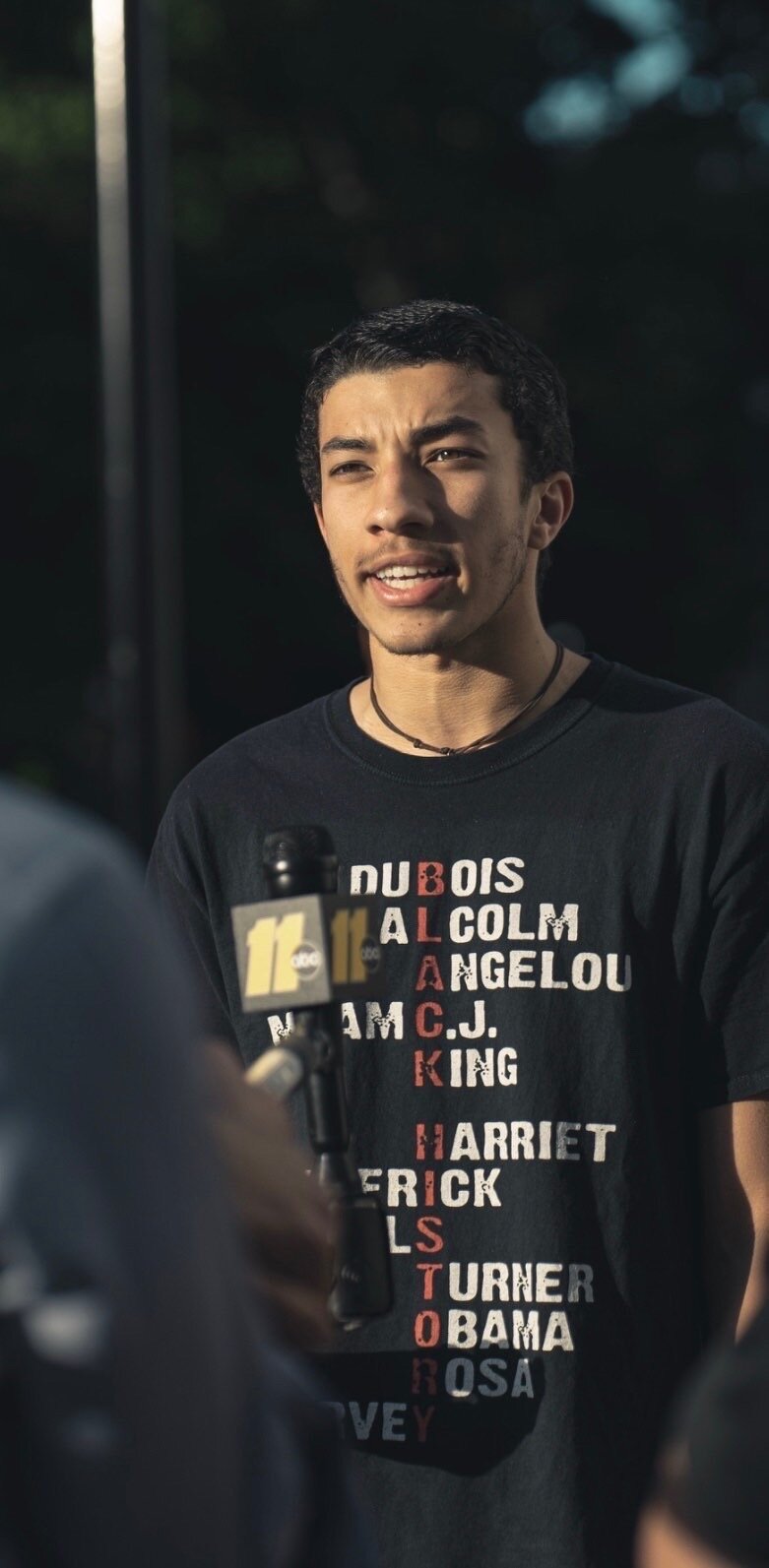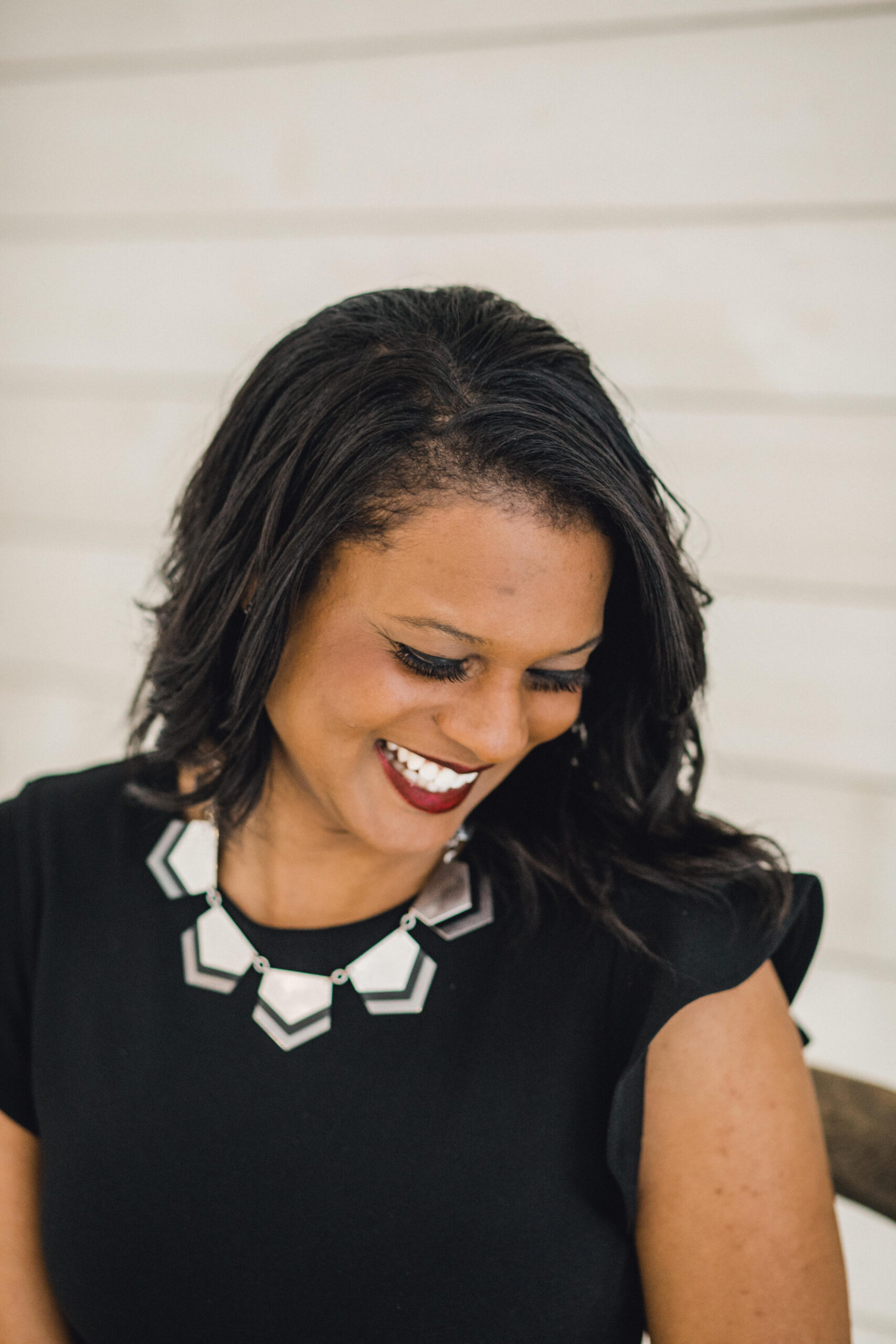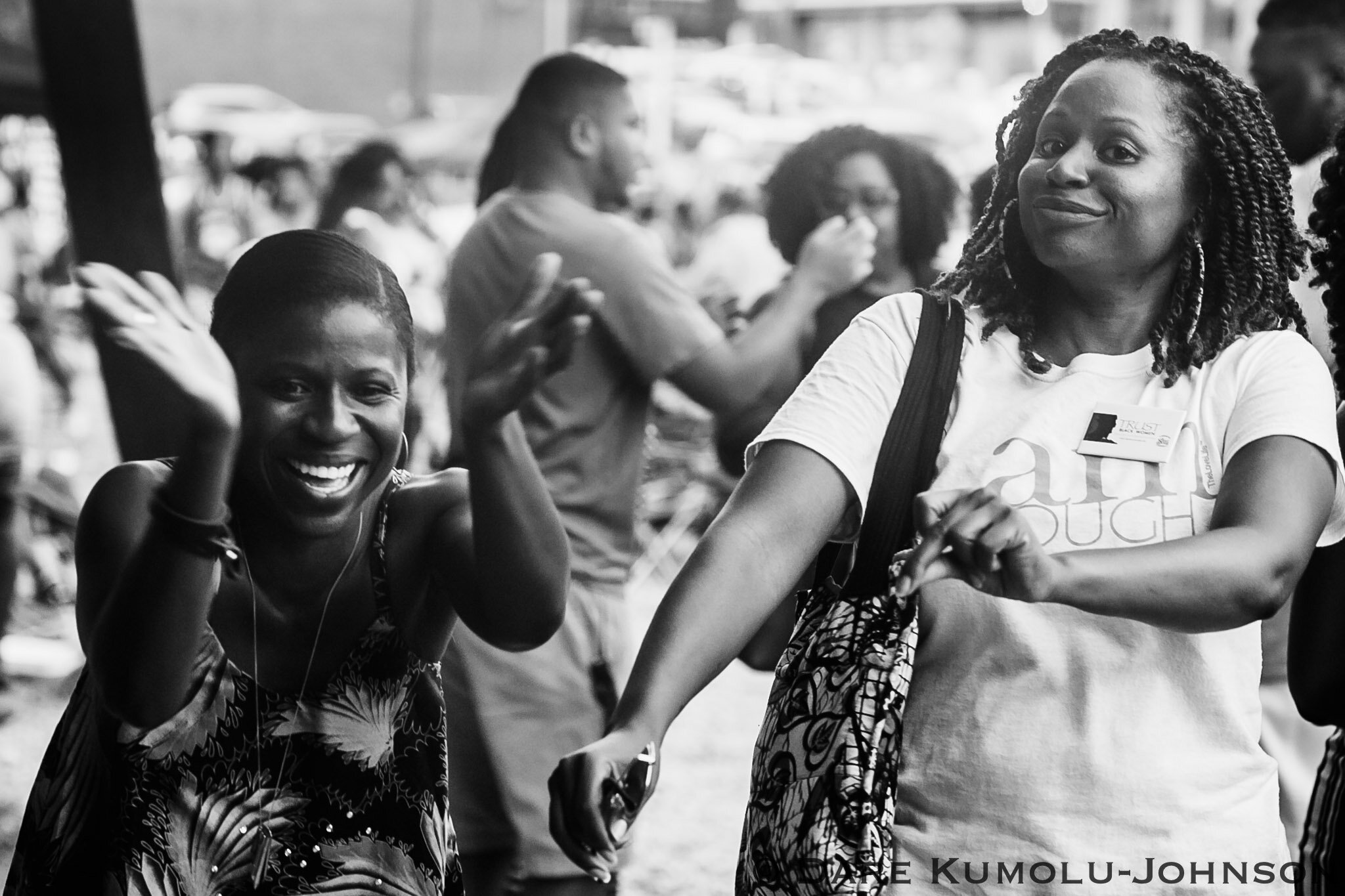Hi there!
Recently the news has been full of violence against Black people, often at the hands of police, and protests that have been occurring in response to that. The response isn’t just in light of the recent violence, though – Racism is alive in our country and woven throughout its people and systems. I pray that this period of time serves as a shift toward better beliefs, better treatment, and better lives that treasure Black lives – beyond just knowing that they “matter.” I pray that it’s an awakening for those of us who are white and sustained learning and action that goes beyond the days of abundant protests and social media posts.
This is not a trend. These are people’s lives. Some of us are privileged enough that it’s easy to start thinking of other things again… for others, the fact that people have biases against them due to the color of their skin serves as an undercurrent of their everyday lives.
Over the last couple weeks, I’ve been posting an #amplifymelanatedvoices series on Instagram, Facebook, and Twitter in order to lift up the voices of Black women and men and give them more space to express their thoughts and feelings. It’s been hard for me to find the words to say, but my voice isn’t the one that needs to be heard right now anyway – I want those who follow me to know and understand the raw, authentic feelings of our Black family.
Not everyone is on social media, so I want to use this additional space to share the stories that people have so graciously been willing to let me share.
I will be adding to this blog post as more people share their thoughts and feelings.
Amplify Melanated Voices
Photos are by me, Light Creative, unless otherwise indicated.
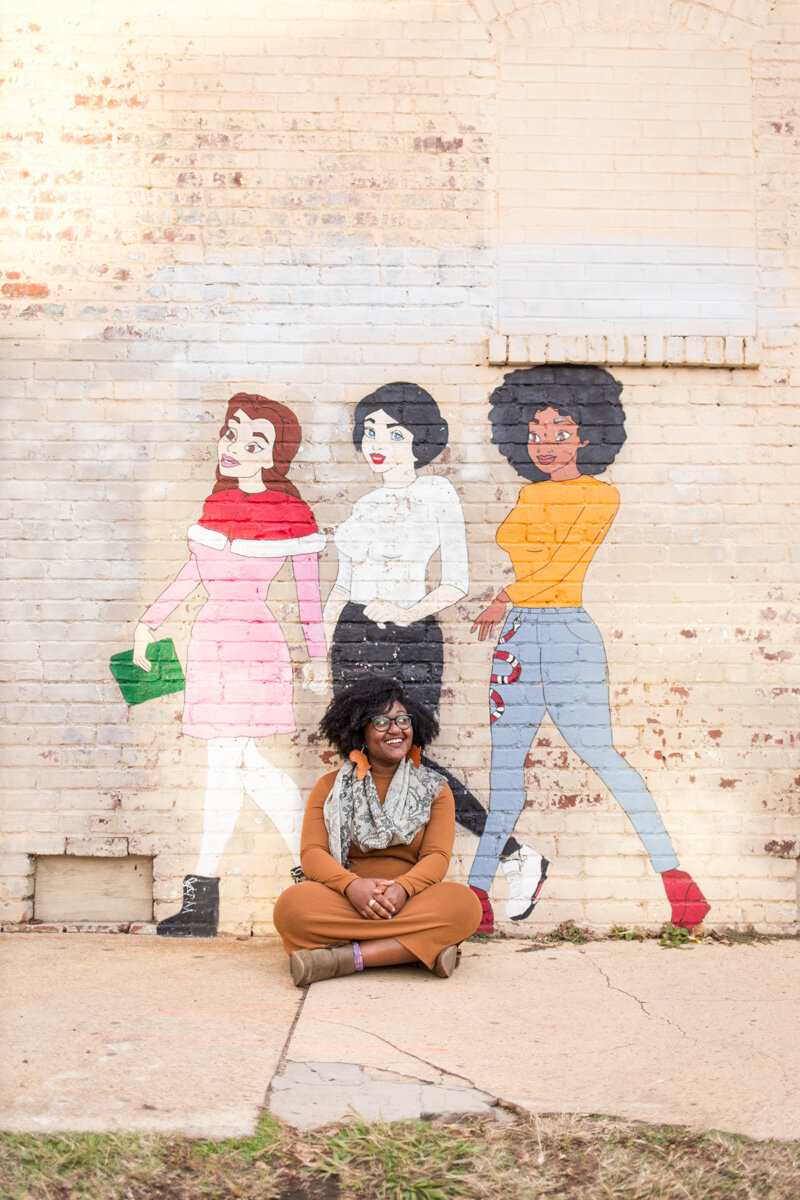
Adwoa Asante
“There are no words to capture the fatigue I feel from last week’s events and every other week of my life as a Black woman.
This feels like 2014-2016 all over again where my timeline on social media was filled with hashtags and I struggled to keep up with each Black death.
A few things are different for me and about me:
1. I take breaks from social media and the influx of videos of Black people being murdered. In 2014-2016, I did not realize I was retraumatizing myself every time I watched a video of another murder or even read the grotesque stories/articles being written about the murders. These days, I find myself replacing images of death with images of Black joy – whether it’s TV, art, or the pictures of my friend with beautiful Black children. These help me to believe that Black people are in the future and to dream is a form of resistance.
2. I do not waste my time with white people that don’t understand boundaries and try to use their “love” to prove how woke they are. I do not waste my time with white people who I am not friends with and consider to be a part of my inner circle. I do not waste my time with white people who have white guilt. I am exhausted and I do not owe them anything – not even a ‘thank you’ because it is the absolute bare minimum to care about, protect, and fight for Black lives. BARE MINIMUM.
One thing remains the same: I love being Black. In a world that hates me because I am Black, I still wouldn’t trade my blackness for anything. My Blackness is bigger than the pain, death, and destruction caused by racism, white supremacy, colonialism, and war. My Blackness is full of communal abundant joy on display. My ancestors cheer me on as I live their wildest dreams and that brings me great comfort.”
– Adwoa, @add_woah_uh
Greear Webb
“Black people are outraged. You should be too. Black people are tired. You should be too. Black people are hurting. You should be too. Black people are done requesting. You should be demanding too.
The constant string of blatant and egregious acts of violence committed against those in our black communities has become almost too much to bear. I believe America has reached a fever pitch, and that we must truly unite together to begin the dismantling of our racist systems. As a young biracial man viewed by the world as black, I am scared. I am scared that events like those occurring now—Ahmaud Arbery and Breonna Taylor and George Floyd and Christian Cooper—could happen to myself or many around me at any time. I am overwhelmed with emotion as I consider the power we’ve given racism in this country. Racism does not distinguish between political party. It does not distinguish between the city’s ideals in which it exists. Racism sprouts wherever planted if it is not combatted at every turn… Racism kills.
The first step when reflecting upon these most recent incidents with a change mindset is to acknowledge the seemingly obvious—that these are not isolated events by any means, but are a result of a racist nation riddled with a racist history, racist policies, and racist people. The second step is to create plans of action for yourself and those around you to break down these systems and combat these people.
So, what can you do? When it comes to our white brothers and sisters specifically, reaching out to Black friends, family members, coworkers and neighbors in solidarity is a nice way to begin. But when it comes to your part in altering the system of racism, I first advise you to do some historical research on African Americans in this country and your respective home state (our history textbooks do not nearly do enough). Then, I would recommend that you begin seeking out antiracist organizations/people and spend time learning how to support their causes (and share these resources with others).
This can be as simple as purchasing a book to read or donating a few dollars to verified groups online. It can be as easy as following antiracist activists on your social media platforms. A good starting point would be Dr. Ibram Kendi, author of How to Be an Antiracist and the founder of American University’s Antiracist Research and Policy Center.
I do not know how much more we as a nation, but specifically black communities, can withstand as it pertains to these continued acts of brutality and racist threats, but I do know the only way we move forward is together. Black people are angry and have been ready to see change. Are you going to fight with us?”
– Greear, @greearwebb
Monique Keyes
“Like so many, this week has brought up a lot of emotions and reflection for me. My mom always told me to remember who I belong to and that I am who God says I am.
I’m not just the black girl with “surprisingly soft hair”.
I’m not just the black girl who can recommend hip-hop groups to you.
I’m not just the black girl who gets called on in class to give my opinion on racial issues on behalf of all black people.
I’m not just the black girl you find “articulate” and “well behaved”.
I’m not just the only black woman in the meeting.
I’m not just the black woman that you assume lives in a rough neighborhood.
I’m not just the black woman that you assume can’t pay for her medical bills.
I’m not just your only black friend.
I am a daughter, sister, wife, and mother just like you.
I am more than my color, I am more than what my color may mean to others, stereotypes or not. We are all more alike than we are different. There has been a lot of talk about resources and education geared toward the white community. I would say this, think about how you would want to be treated. Think about the respect and dignity you want to carry in your daily life. This change begins internally, once that deep soul-stirring transformation occurs then we will begin to see progress, then we will begin to heal.”
– Monique, @moniquekeyes
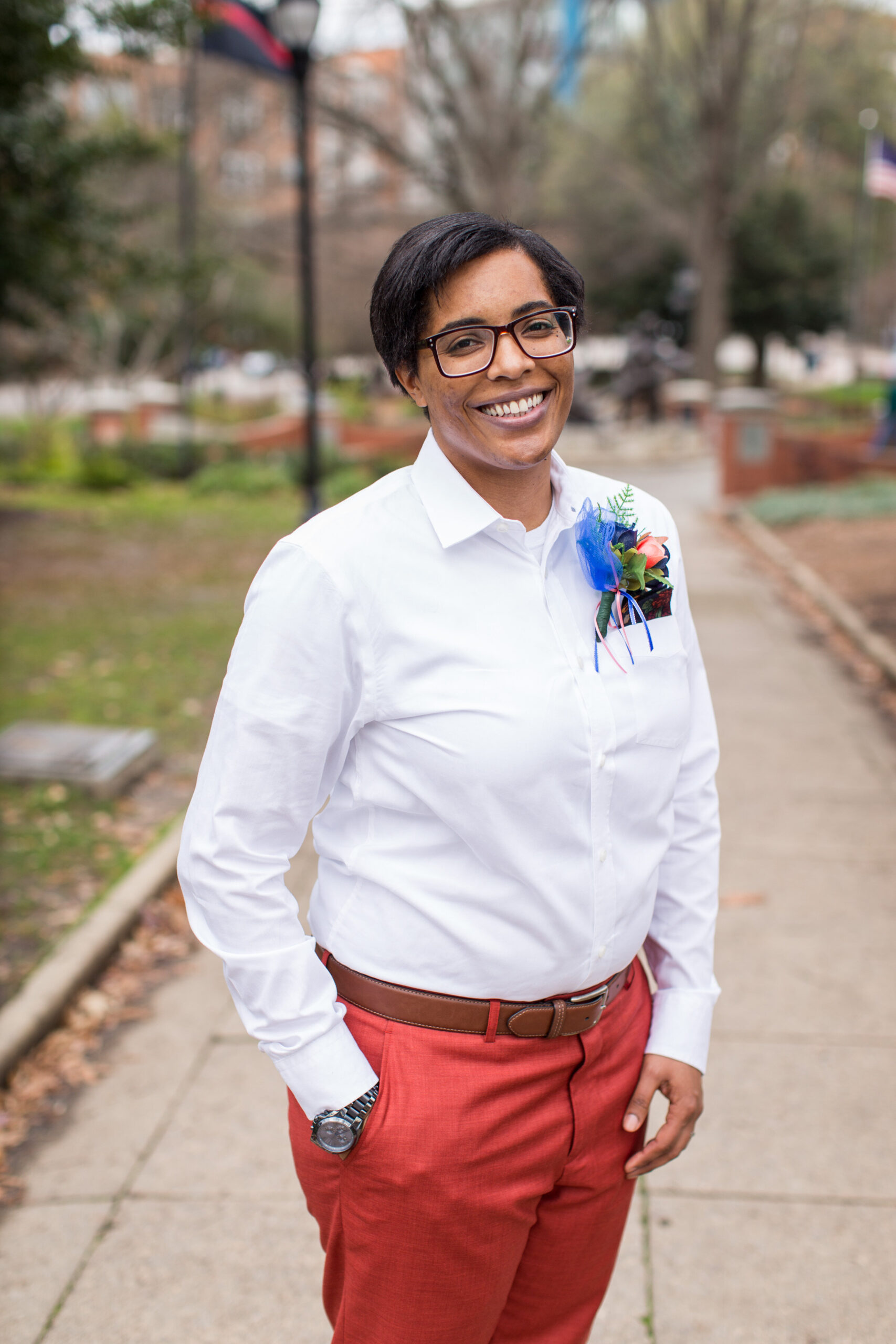
Adria Creaser-Williamson
“It’s been pretty hard to articulate the way that I feel about the events occurring today. For the past 11 years, I’ve lived overseas, and despite hearing things from my family and friends about racial inequalities over the past decade, I still felt like I was on the outside looking in from a place so far away.
But now I’m back in America, newly married to a beautiful white woman, raising two young impressionable white girls in a place of unrest. And as I try to figure out how to have these hard conversations with them about race and inequality, I am angry and sad because these are the same conversations that my parents had with me and their parents before. Decades of the same conversation followed by decades of little being done, followed by decades of the same fear of living while black.
But I’m no longer going to allow myself to sit on the sidelines because I not only have an obligation to myself, but those two impressionable girls who will never know the pain that I feel, but I pray will try their best to empathize with every person that doesn’t look like them, and to do the right thing, even when it isn’t popular. But most importantly, I have an obligation to my black community to do what I can even though it’ll never seem enough.”
– Adria, @redbnexxv
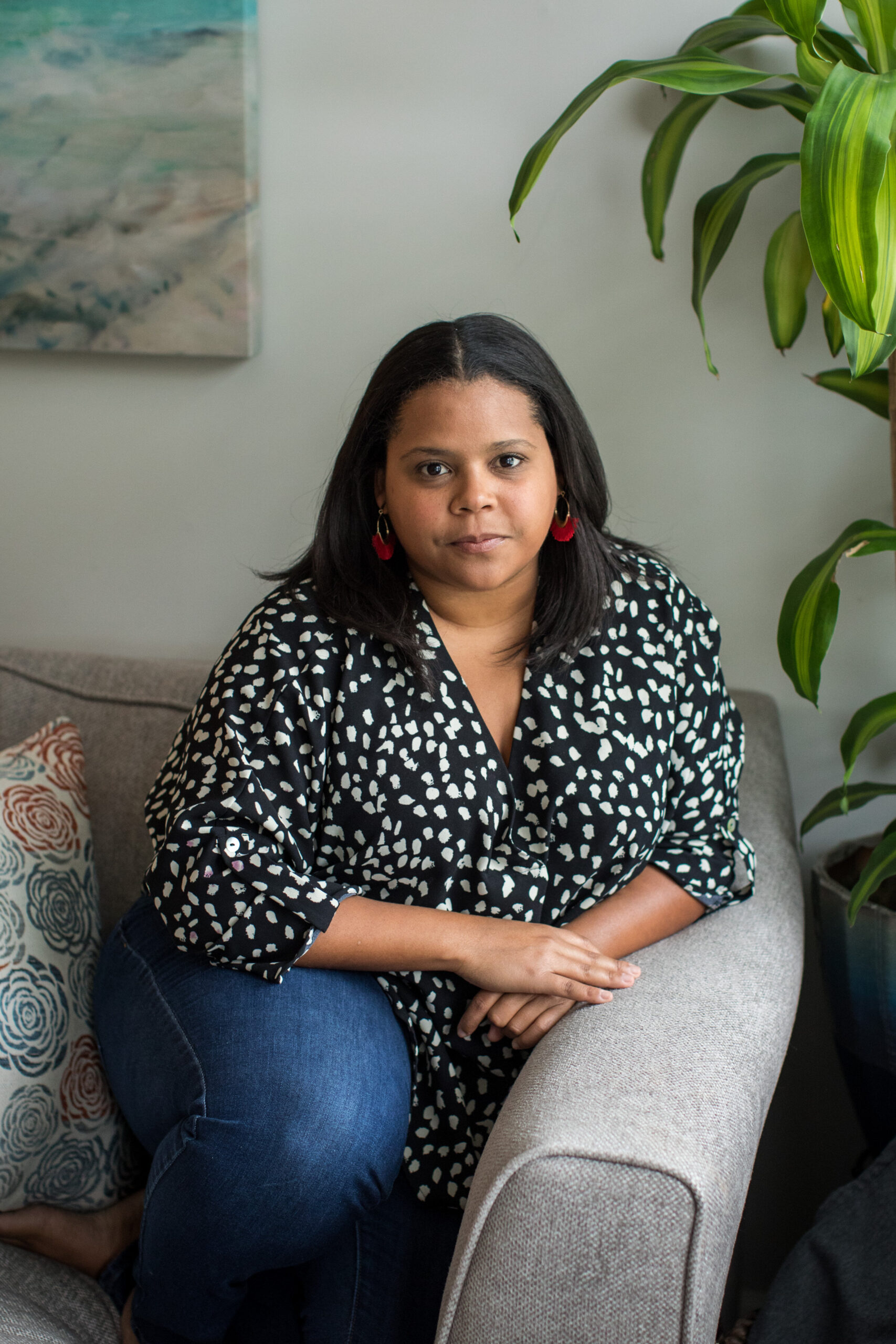
Camille Logan
“The words that keep running through my head is, ‘it’s a lot’-
From the intersections of being an immigrant Black American who had to only recently learn the history of being Black in America to further conceptualize what I knew to be true because my American school system didn’t teach me, along with the annoyance that people and companies are just now deciding to care- which is an angering reminder that they really didn’t before, and finally the caution as to if these changes can even be trusted.
To being a Black woman who has majority white friends and the isolation that brings during this time along with the knowledge that I do hold an interesting and complex responsibility and role.
To being a Black therapist with an even split of black and white clients and having to hold the very traumatic and valid responses from my Black clients to navigating the concern, desire to change, and awkwardness that comes with meeting with my white clients during this time.
But what’s also a lot is…
The support and connection I feel from Black colleagues, and Black friends. That we are collectively walking through this heaviness together with a shared understanding.
and the support I feel from my white friends who have held space for me, or given me my space, or have just done kind things to brighten my day. Through this time, I’ve recognized that a) I hold my close white friends to a high standard. That I expect them to care and do things about race. So for them this didn’t feel like a big revelation but rather a continued charge. And b) that the times I have talked about race in our relationship has made some sort of impact. Which encourages me in the role I do play in this work through the unique position I am in.
the sacredness I get to bear witness to as clients process their emotions. And the way in which I get to journey with them through therapy as a form of validation, resistance, and advocacy.
And finally to the power in the movement. The jaw dropping images of protests across the world. The conversations that are being had. And the real changes we have already begun to see from this moment. This movement. This revolution.
It’s a lot.”
– Camille, @camilledenise
Lisa Yebuah
“As a Black person growing up in this white supremacist culture where my beauty, my intellect, and my social appropriateness are always being questioned, I learned very quickly to tap into a deep, almost supernatural, state of joy. Joy is my resistance; every time this world tries to threaten my humanity, I literally clap back with the power of laughter, dance, or song. Not today, white supremacy! Not today!”
– Lisa, @petite_pastor
Thank you all who have shared so far, and thank you for visiting to read their thoughts & feelings.
If you would like your voice to be heard on this platform, please don’t hesitate to let me know! I’d love to do what I can to help amplify your voice.
